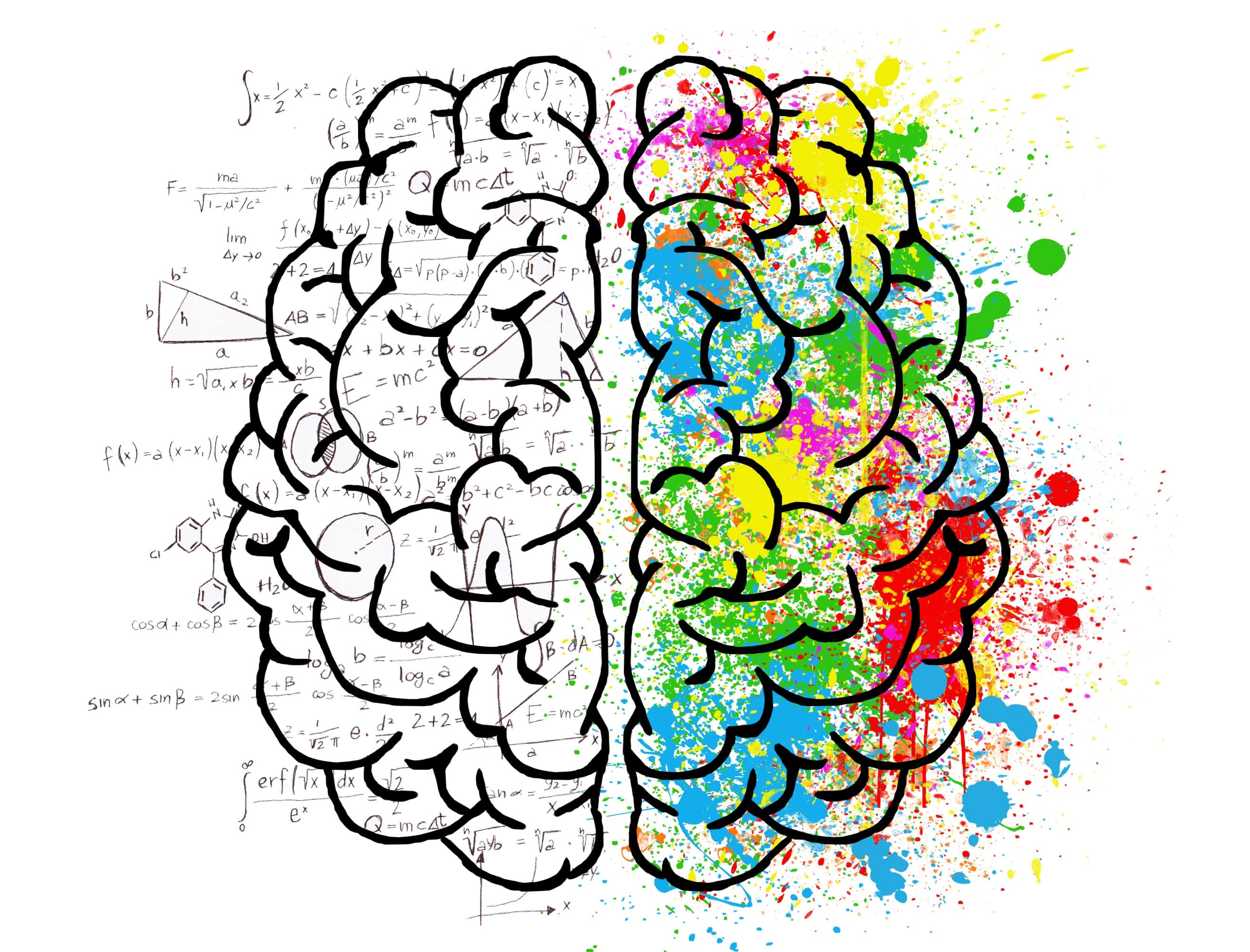- What’s New
- Bride
- Groom
- Weddings
- Ideas & Advice
- Venue & Vendors
- Subscription
- Web Stories
- Latest Issue
- AllBeauty Latest IssueBeauty BasicsBeauty BazaarBeauty ManeBeauty SpecialBeauty TrendsFitness MantraGrandma’s SecretsDestination Travel Latest IssueFashion Latest IssueFashion QuotientFashion StoryFashion TrendsTrousseauFeatures Latest IssueCustoms & Rituals Latest IssueFrom The ArchivesRegional Wedding Latest IssueHis & Hers Latest IssueEquationsHard TalkTete A TeteYin & YangHome Decor Latest IssueHome BazaarHome DecorHoming InJewellery Latest IsuueJewellery BazaarJewellery Trends
© Copyright - B.M. House (India) Limited 2019






 “Men are more emotionally compartmentalised — women’s brains seem to have more overall connectivity, which means emotions from one experience or task spill into other experiences and tasks,” says relationship counsellor David Bennett. While men’s brains are wired for perception and co-ordinated actions, the female brain certainly gives them an edge over men at word memory, social skills and verbal abilities. Studies have shown that females possess a larger hippocampus than men, which is also the centre of memories and emotions. This makes females more receptive to sensorial and emotive information than males. Brain mapping tells us that females have an inclination to pick-up more sensorial information from the environment around them than men, right from the time of infancy. Larry Cahill, a professor in Neurology and Behaviour at the University of California, Irvine said “Women it’s known, retain more stronger, vivid memories of emotional events than men do. They recall emotional memories more quickly, and the ones they recall are richer and more intense.” This is the reason women connect with others easily but unfortunately this is also what makes women prone to depression. In fact, the stress responses of the two sexes are said to differ majorly. When in the face of a stressful situation, men usually employ the ‘flight or fight’ mode. Women, on the other hand, employ an entirely different approach when faced with stressful situations. They are inclined to adopt a less aggressive method ‘tend and befriend’ response.
“Men are more emotionally compartmentalised — women’s brains seem to have more overall connectivity, which means emotions from one experience or task spill into other experiences and tasks,” says relationship counsellor David Bennett. While men’s brains are wired for perception and co-ordinated actions, the female brain certainly gives them an edge over men at word memory, social skills and verbal abilities. Studies have shown that females possess a larger hippocampus than men, which is also the centre of memories and emotions. This makes females more receptive to sensorial and emotive information than males. Brain mapping tells us that females have an inclination to pick-up more sensorial information from the environment around them than men, right from the time of infancy. Larry Cahill, a professor in Neurology and Behaviour at the University of California, Irvine said “Women it’s known, retain more stronger, vivid memories of emotional events than men do. They recall emotional memories more quickly, and the ones they recall are richer and more intense.” This is the reason women connect with others easily but unfortunately this is also what makes women prone to depression. In fact, the stress responses of the two sexes are said to differ majorly. When in the face of a stressful situation, men usually employ the ‘flight or fight’ mode. Women, on the other hand, employ an entirely different approach when faced with stressful situations. They are inclined to adopt a less aggressive method ‘tend and befriend’ response.

